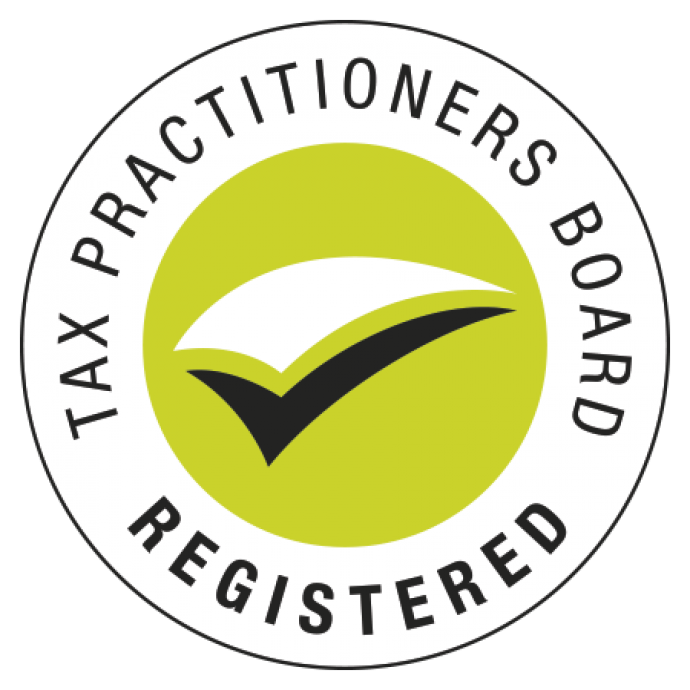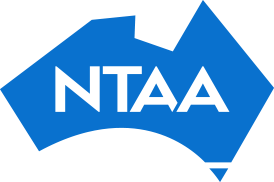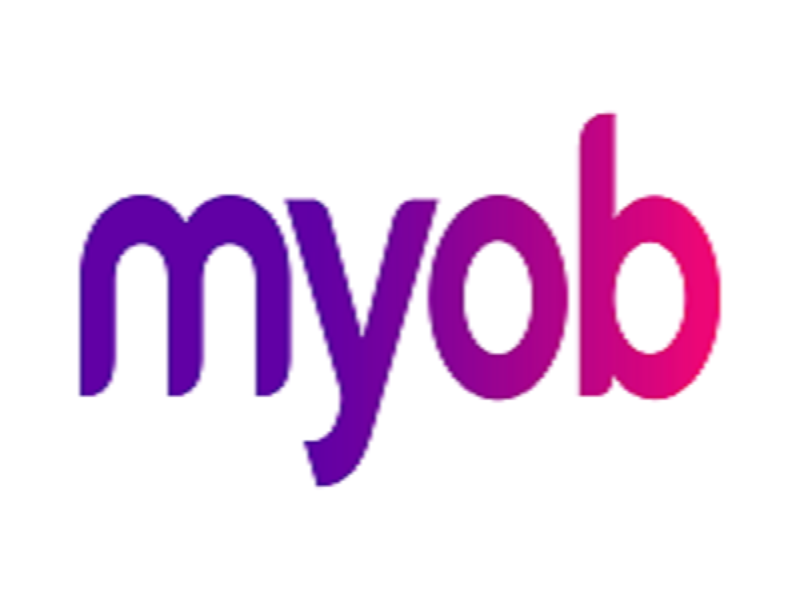What is a virtual CFO?
Virtual CFO provide cost saving for operating your business when you don’t have an in-house CFO. The virtual CFO can manage your day-to-day business operations and financial planning analysis. A virtual CFO can assist with preparing management accounts, providing clear insightful commentary, identifying trends, emerging issues, and drivers of assigned business unit performance. A business can’t remain viable and sustainable in medium to long term in a competitive market without preparing a budgets and cash flow forecasting that can provide holistic pictures of your business KPIs, and strategic financial planning. The virtual CFO can help with preparing management accounts, raising capital, financial advise and payroll process and procedures. A virtual CFO can prepare monthly and annual financial statements, assist with audit requirements and all types of taxes compliance issues.
A Virtual CFO fills the gap of Chief Financial Officer role in your business but works on a part-time or on-demand basis. The outsourcing of virtual CFO provides commercial acumen, tax advice and ensures your business financial and managements are in good shape.
Our Virtual CFOs are qualified accountants with extensive business tax services, financial and management accounting experience. A Virtual CFO is a business partner with the owners to improve KPIs to drive's growth and profits in short to medium term.
A business can’t remain profitable without preparing a budget and cashflow forecasting that is links to a business strategic plannings and goals. A virtual CFO will provide strategic financial decisions of your business investment plans and assist with financial planning and analysis.
The virtual CFO accountabilities will include but not limited to:
- Financial planning and analysis to provide reliable, timely and accurate financial information including monthly management accounts
- Prepare monthly and annual budget & cashflow forecasting for all business units using real-time and historical data for all GL Codes. Compares budget and cashflow forecast versus actual with variances commentaries
- Comprehensive Profit & loss and Balance Sheet Statement analysis – providing details analysis monthly with in-depth reporting. Implement strategies and plan to improve overall result
- Managing cash flow forecast to ensures the business has sufficient funds to paid expense to avoid bank overdraft.
- To ensures all BAS lodgement, income tax, payroll tax, super and indirect taxes are tax compliance.
- Identified costs drivers to reduce business operations inefficiency.
- Regular monitoring revenues and expenses to gauge business performance.
- Monitoring financial performance against budgets and forecasts, analysing KPIs and trends and provide strategic commercial recommendations to optimise financial outcomes and drive growth and profits.
- Continually develop and implement financial controls, risk management processes, and internal policies and procedures to safeguard company assets and minimise risk.
- Driving operational efficiencies through process improvements and innovation, automation, and optimisation of financial systems and processes.
- The virtual CFO leveraging their knowledge of the current economic, regulatory, and business environment, proactively identify and mitigate potential risk, financial risk, legal risk, operational risk, and regulatory risk and to ensure compliance with risk policy.
- The virtual CFO will provide financial insights and analysis that will help drive innovation, improve efficiency, and optimize resource allocation. By working collaboratively with business owner’s, the CFO will have the opportunity to make a meaningful impact on the financial performance of the business and contribute to its continued success.






